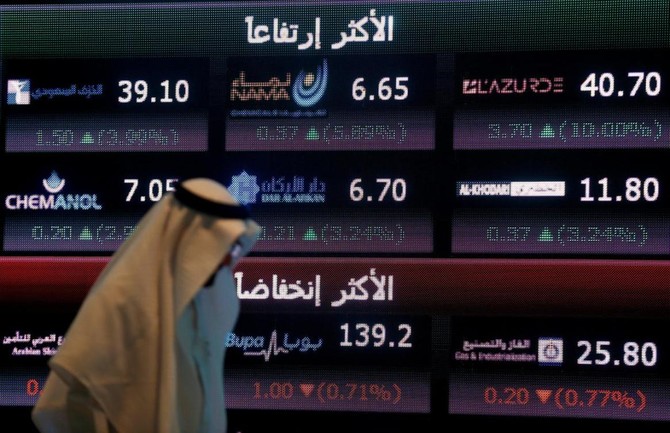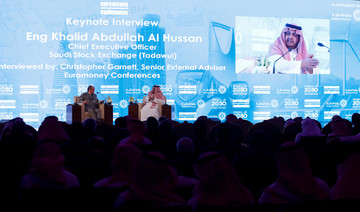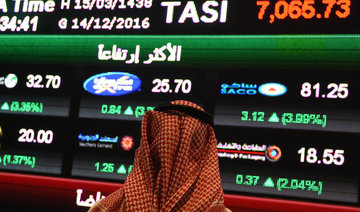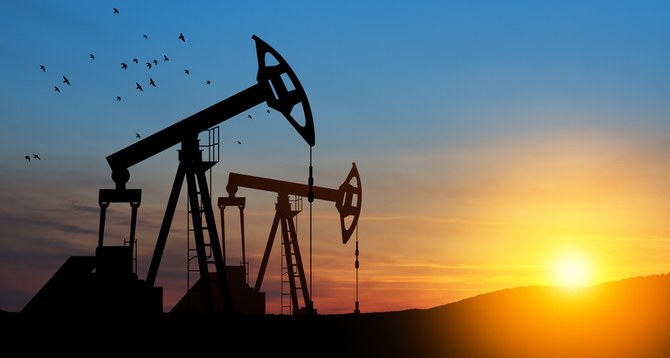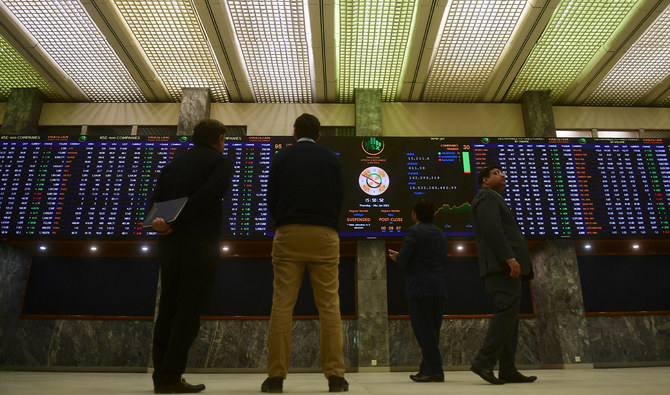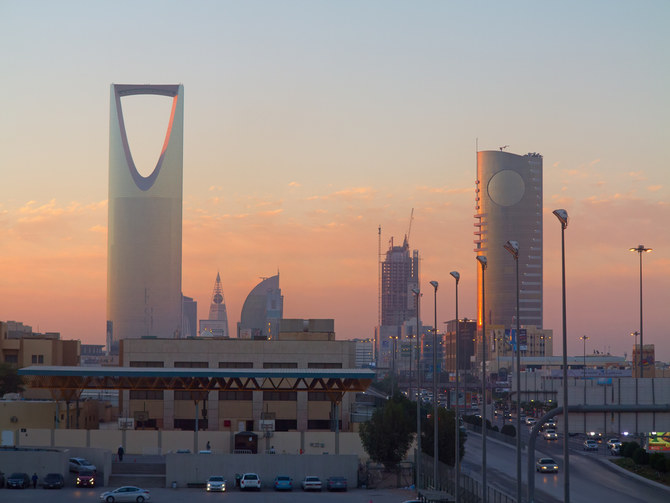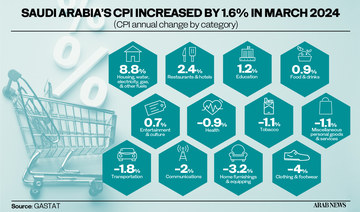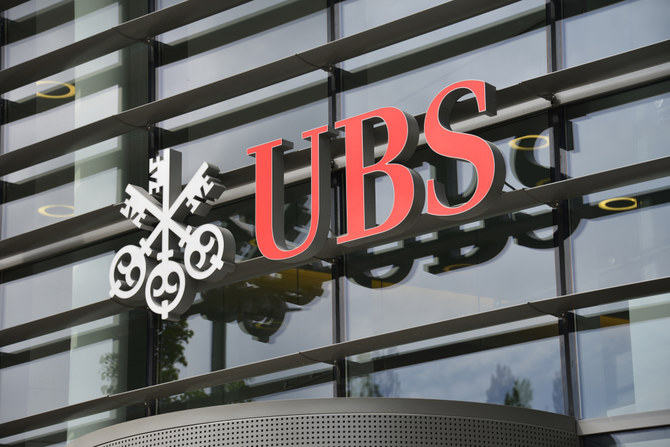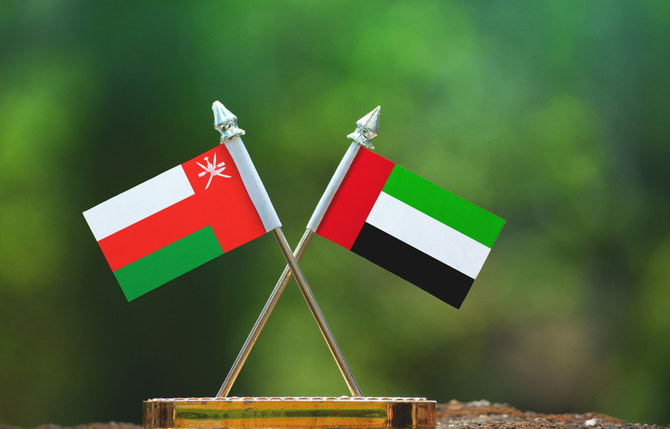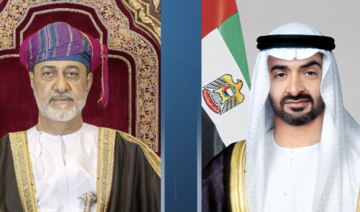Rising demand for Saudi stocks saw trading volumes on Dubai Financial Market collapse during the first quarter, halving profits of the emirate’s bourse.
Trading volumes on the Dubai Financial Market — the only listed exchange in the region — fell 57 percent year on year to 20.4 billion dirhams (S5.55 billion) during the first quarter. Profits at the bourse fell to 48.9 million dirhams from 102.3 million dirhams in the year ago period, it said in a statement on Tuesday.
“There’s been a rotation (since the start of the year) out of UAE stocks and into Saudi Arabia,” said Julian Bruce, head of institutional trading at EFG Hermes.
“Aside from factors impacting the region, the UAE on it’s own doesn’t have much in the way of catalysts or drivers right now, while there’s a growth story in Saudi Arabia and other regional markets.”
Shares in Saudi Arabia rose by 8.9 percent during the first quarter of the year, on mounting anticipation that the Kingdom’s shares will be included on index provider MSCI’s Emerging Market Index — an influential measure used by international emerging market funds — later this month.
The potential inclusion in MSCI’s index — which follows the announcement of a similar emerging markets inclusion by rival index provider FTSE Russell earlier this year — may attract as much as $45 billion in foreign inflows into Saudi stocks, including about $14 billion of passive investment, according to investment bank EFG Hermes.
“The UAE is lacking any of those catalysts so attention turns to other markets where there’s a bit more of a story,” said Bruce.
Dubai’s headline share index fell 7.8 percent during the first quarter, closing 13.6 percent lower for the year yesterday.
DFM’s revenue halved year-on-year in the first quarter, with trading commission fees falling 56 percent.
The rising attraction of Saudi stocks has also intensified investors’ misgivings about the strength of Dubai-listed stocks.
“Key companies such as Emaar Properties and Damac have lowered their dividends distribution which has given investors cautious opinions on the outlook of the real estate sector in particular,” said Tariq Qaqish, managing director of asset management at Menacorp.
“Investors confidence is at its lowest level right now, as several listed companies on Dubai market specifically are facing challenges due to mismanagement that caused investors to lose their money and forced those entities to restructure capital with no light at the end of the tunnel.”
“Within such a low liquidity environment, companies are continuing to raise capital and suck the remaining liquidity in the market,” he said.
Foreign investors are also increasingly staying away from markets and stocks with corporate governance issues, he said.


